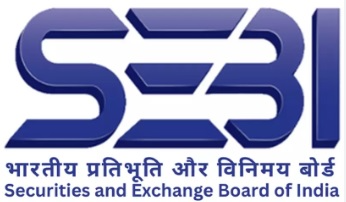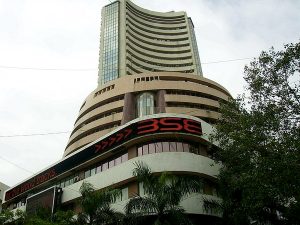The Securities and Exchange Board of India (SEBI) has proposed a comprehensive revamp of the mutual fund fee structure, aiming to make charges clearer, fairer, and more beneficial for investors. The proposals are outlined in a consultation paper on the review of the SEBI (Mutual Funds) Regulations, 1996.
The market regulator said, the reforms seek to simplify rules, enhance transparency, and lower costs for unit holders. Under the new framework, taxes and government levies such as the Securities Transaction Tax (STT), GST, and stamp duty will be excluded from the mutual fund expense ratio and instead shown separately, to be charged directly to investors.
SEBI has also proposed removing the transitory 5 basis points (bps) additional expense that asset management companies (AMCs) currently charge on their assets under management. To balance this change, the regulator has suggested a 5 bps increase in the base Total Expense Ratio (TER) slabs for open-ended active schemes.
In another major proposal, SEBI has introduced an optional performance-linked TER framework, allowing fund houses to adjust fees based on a scheme’s performance. The paper also recommends tighter limits on brokerage and transaction costs, reducing brokerage charges from 12 bps to 2 bps for cash market transactions and from 5 bps to 1 bps for derivatives.
SEBI has invited public comments on the proposed framework until 17th of November.








